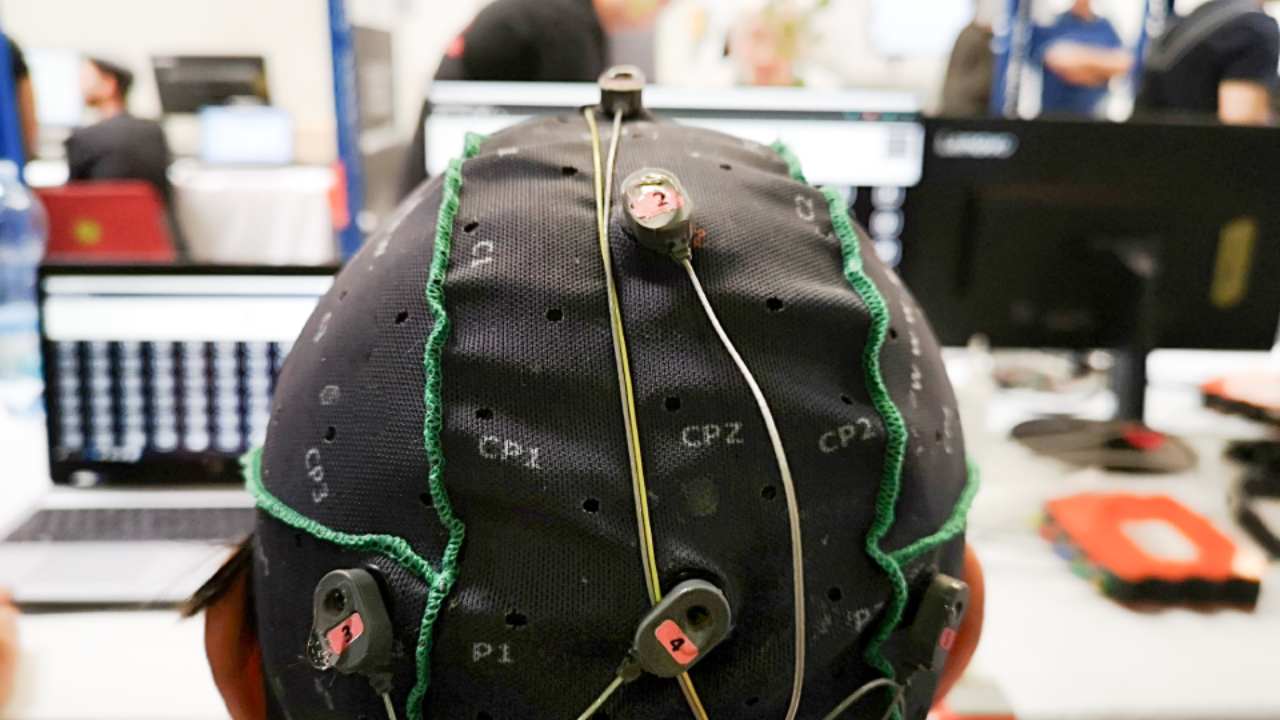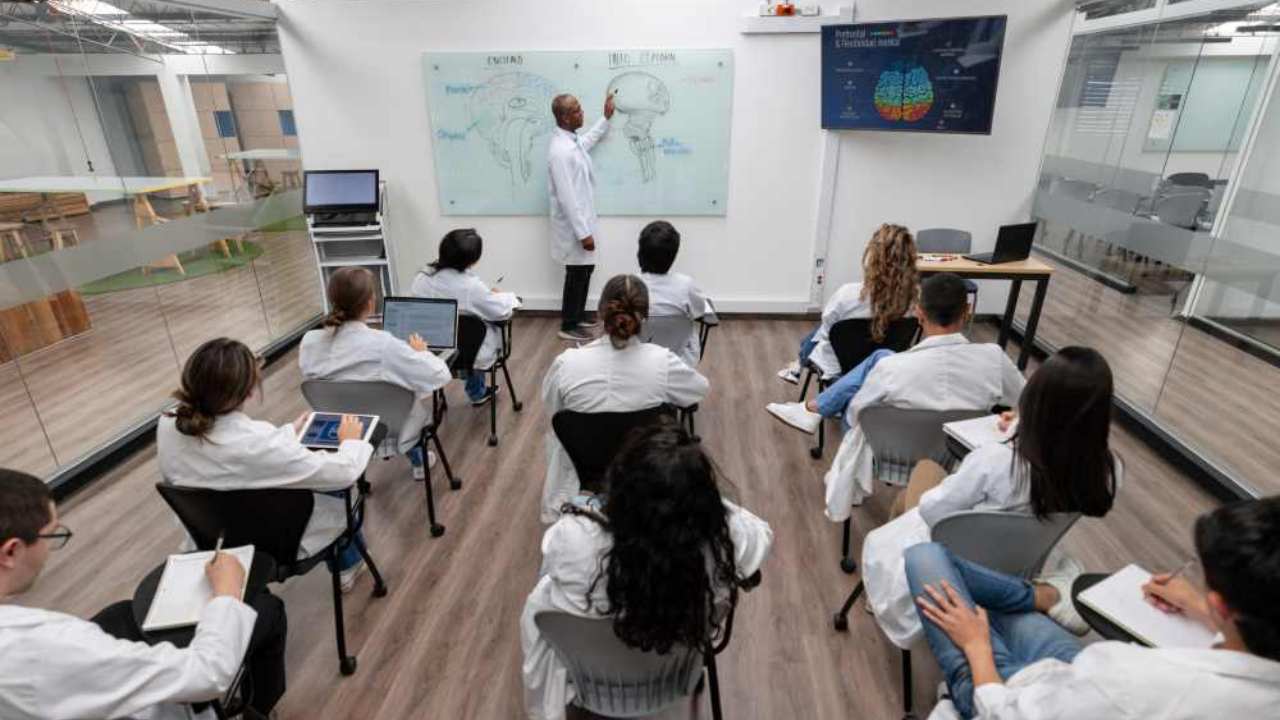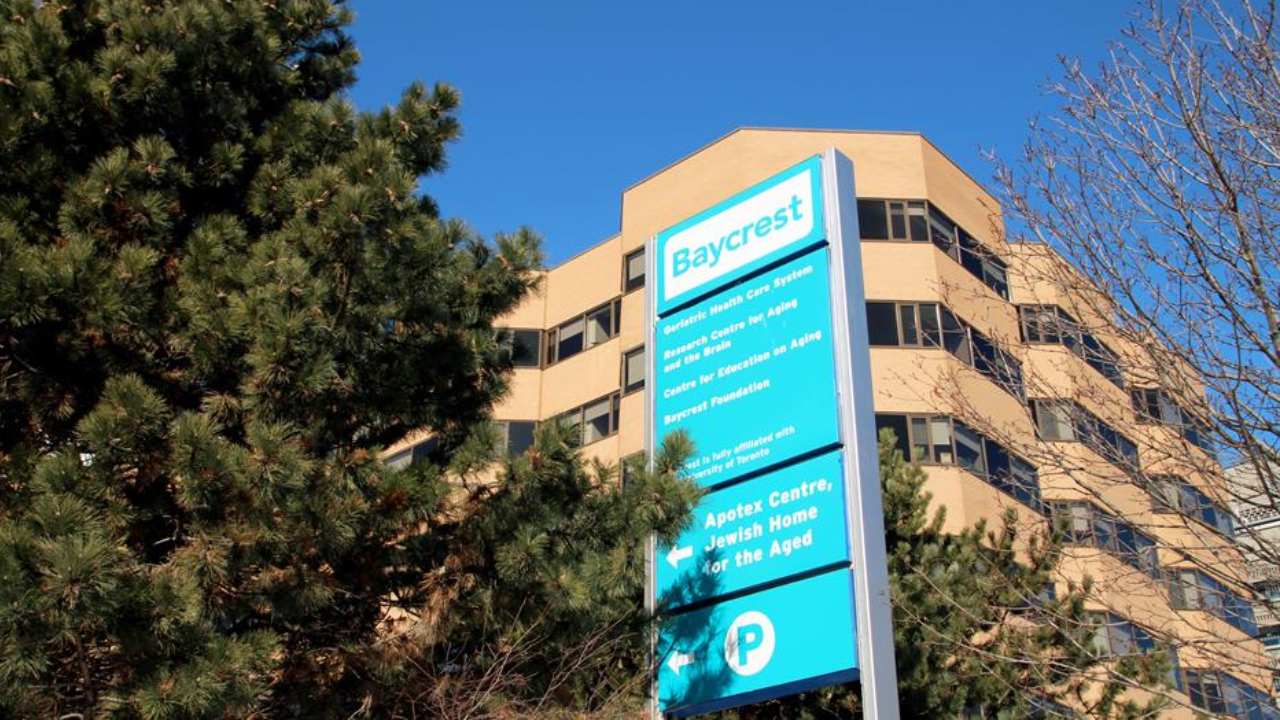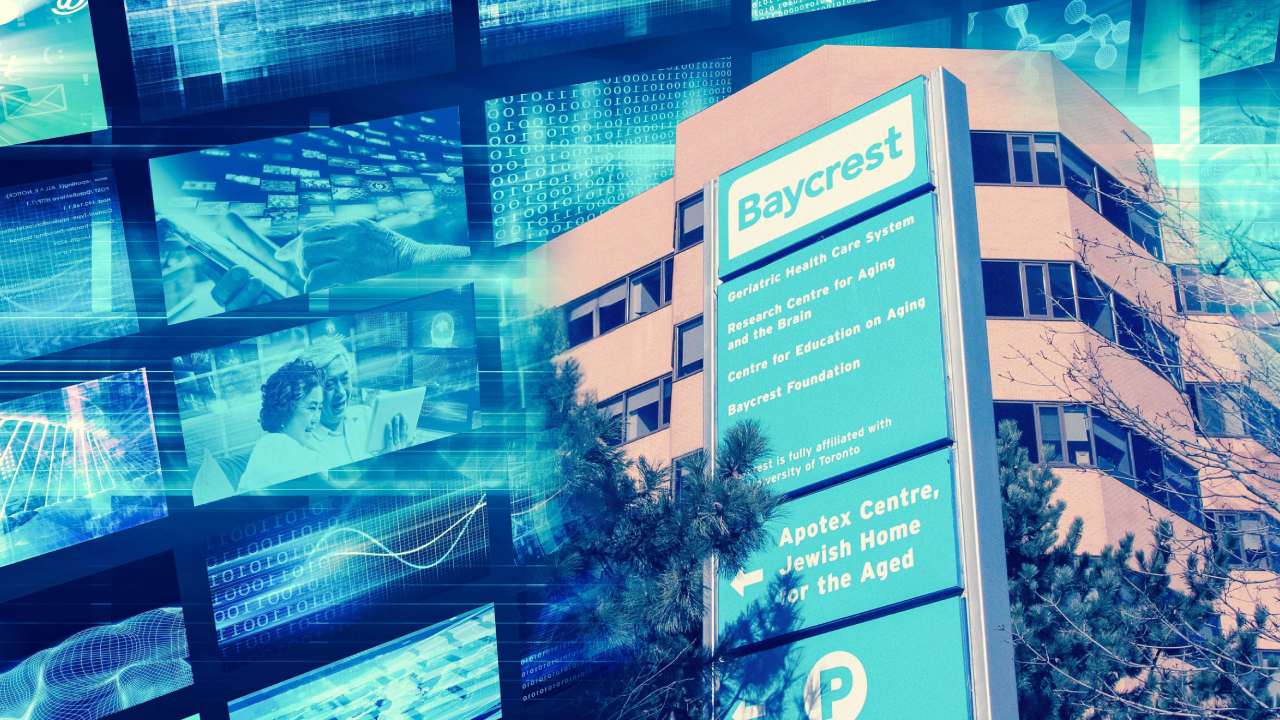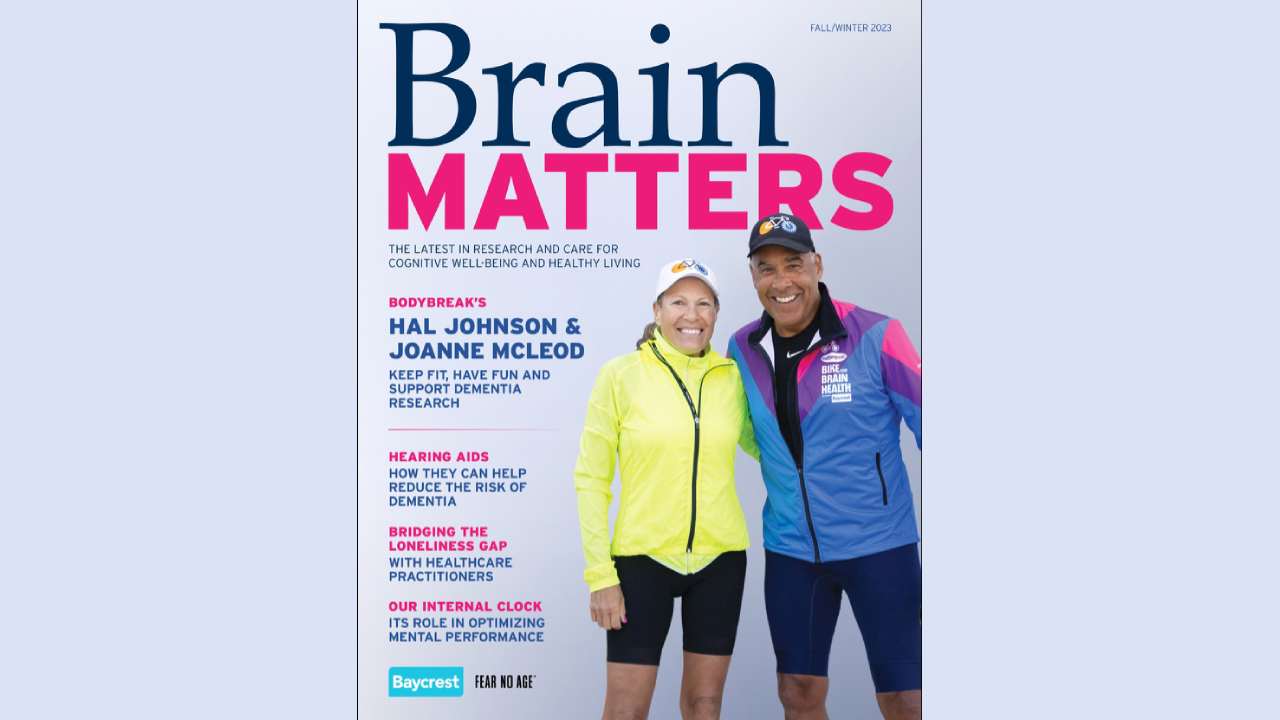
Taking on the role of a secondary caregiver for a relative with dementia is a journey that requires a lot of heart, patience, and strength. You’re likely juggling work, school, relationships, and your own well-being, all while helping to manage your family member’s health. One key part of this responsibility is navigating healthcare appointments and managing their medical records.
While it can feel overwhelming, especially when you’re still learning the ins and outs of dementia care, you’re not alone. In fact, understanding the ins and outs of medical records and healthcare visits can make you a more effective advocate, ensuring they get the best possible care.
Here’s a supportive guide to help you navigate dementia caregiver healthcare appointments and manage medical records like a pro.
1. How to Stay on Top of Managing Healthcare Appointments
When you’re caring for someone with dementia, keeping track of medical appointments is a big job. Doctors, specialists, and therapists are all part of the care plan, and each appointment brings new information or treatments to consider. The good news? You don’t have to manage it all alone!
Tips for keeping healthcare appointments organized:
- Create a Care Calendar: A shared digital or physical calendar is a game-changer. Use a planner, iCal or Google Calendar to keep track of all appointments. Set reminders for follow-ups and prep time (like travel or necessary paperwork to bring) and share with anyone else who is sharing the responsibility of appointments.
- Involve the Primary Caregiver: If you’re a secondary caregiver, check in with the primary caregiver to ensure you’re both on the same page. This helps prevent double-booking and keeps everyone in the loop.
- Prepare for Each Appointment: Before every appointment, sit down with your family member and go over the key questions or concerns they might have. Write them down so you don’t forget. Having a list will help guide the conversation with doctors and ensure no concerns slip through the cracks.
2. Managing Medical Records: What You Need to Know
Medical records are essential to understanding the healthcare process and treatment plans. As a secondary caregiver, it’s crucial that you know how to access and keep track of these records.
How to access and manage medical records:
- Accessing Online Portals: Many healthcare providers now offer patient portals where you can view and download medical records. This is a great tool to keep track of test results, doctor’s notes, and medications. Set up an account with the portal and check regularly for updates.
- Requesting Paper Records: If an online portal isn’t available, you can always request paper copies of medical records. Be clear about what information you need, whether it’s recent test results, medication lists, or appointment summaries. Some providers may require a form, so be sure to fill it out and submit it in advance.
- Stay Organized: As you collect medical records, store them in a safe but accessible place. You might consider creating a physical or digital folder system for easy access. If you’re handling multiple doctors or specialists, consider creating a file for each one so nothing gets lost.
3. Be the Voice for Family Member
If your relative with dementia has trouble remembering or expressing their symptoms, it’s up to you to be their voice during appointments. It’s completely okay to speak up on their behalf, whether it’s asking questions, clarifying details, or explaining their behavior and needs.
How to be an effective advocate:
- Provide a Detailed History: Doctors rely on caregivers for information about the patient’s daily routine, cognitive changes, and behavioral shifts. Document any changes in memory, mood, or abilities. Share any concerns you’ve noticed, like forgetfulness, wandering, or difficulty with communication.
- Be Honest and Open: Sometimes, it’s hard to admit that your relatives condition might be getting worse. Honesty is key, if things are changing, let the healthcare team know. They can adjust medications, suggest therapies, or offer guidance on care strategies.
- Ask About Future Planning: You might be thinking long-term, so ask your relative’s doctors about planning for the future. Inquire about advanced care planning, palliative care options, or even recommendations for respite care. It’s never too early to start these discussions.
4. Dealing with Emotional Strain
Being a secondary caregiver is rewarding, but it can also be emotionally draining. You’re managing appointments, navigating medical records, and handling the emotional weight of watching a loved one struggle with dementia.
How to take care of yourself:
- Ask for Help: Don’t hesitate to ask other family members or friends to help with doctor’s appointments or medical record management. The more support you have, the less overwhelming it will feel.
- Take Breaks: Remember to make time for yourself. Even small breaks like a walk around the block when things feel overwhelming can help you clear your head, recharge and maintain your own health and well-being.
- Seek Support: Connecting with other caregivers, whether in person or online, can provide emotional relief and helpful advice. You’re not alone in this journey, and sharing experiences can help lighten the load.
5. Celebrate Small Wins
When navigating healthcare appointments and managing medical records feels like a lot, take a step back and remember that every bit of progress matters. Whether it’s a successful doctor’s visit, a new medication that’s helping, or simply keeping track of records—these are all victories. You’re doing an incredible job.
Caring for a family member with dementia is a unique and challenging experience, but you’re already doing so much as a dementia caregiver by staying organized sand advocating for their needs. It might not always be easy, but every step you take in managing healthcare appointments and medical records helps provide the best care possible. Keep leaning on your support network, ask for help and clarification when you need it, and celebrate each small achievement. You’re doing important work, and it matters more than you know.
Related Articles: Young Caregivers




